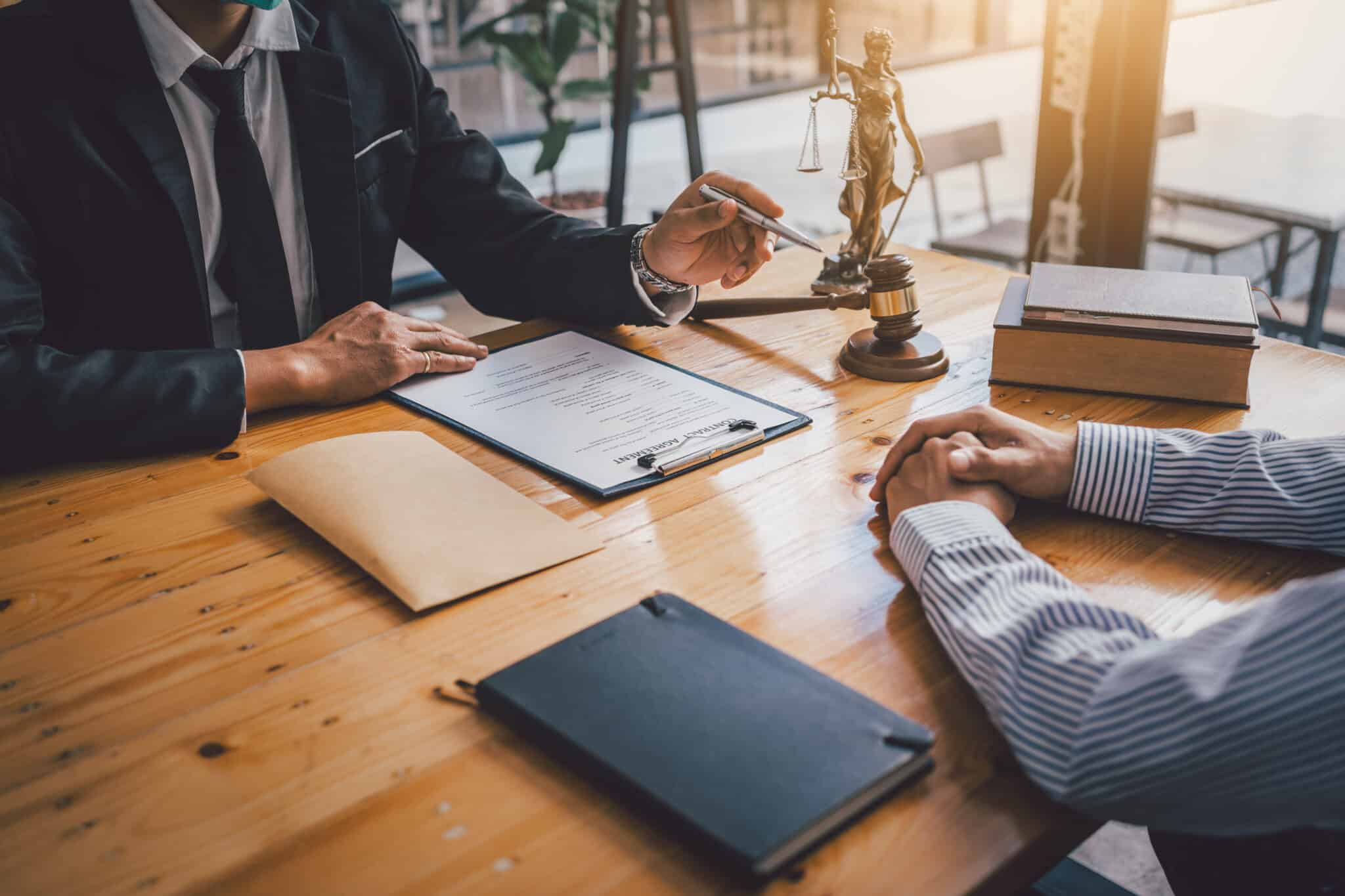The pursuit of justice in any legal system is a complex affair, requiring various specialized roles, none more critical than that of the criminal defense lawyer. This legal professional is not merely an advocate for the accused; they are a constitutional safeguard, ensuring that the rights of every individual, regardless of the severity of the charges they face, are upheld throughout the entirety of the legal process. From the moment an investigation begins through to trial and potentially appeal, the criminal defense lawyer provides essential guidance and representation. Their presence acts as a crucial check on the power of the state, ensuring due process is observed and that the presumption of innocence remains the bedrock of judicial proceedings.

The work of a criminal defense lawyer starts long before the courtroom drama unfolds. Upon being retained, their immediate priority is conducting a thorough and independent investigation into the alleged crime. This often involves reviewing police reports, interviewing witnesses, visiting the scene, and analyzing the evidence collected by law enforcement. Unlike the prosecution, which often has vast state resources, the criminal defense lawyer must meticulously build a case for their client, seeking out exculpatory evidence, identifying procedural errors, and determining the viability of various defense strategies. This early, detailed work is fundamental to protecting the client’s interests and laying the groundwork for successful negotiations or litigation.
A significant aspect of the job for any good criminal defense lawyer involves pretrial motions and negotiations. They are experts in the rules of evidence and procedure, allowing them to challenge the admissibility of illegally obtained evidence, such as through motions to suppress. They may argue that a search violated the Fourth Amendment or that a confession was coerced, which could significantly weaken the prosecution’s case or even lead to its dismissal. Furthermore, the criminal defense lawyer is the primary intermediary between the client and the prosecutor, engaging in plea bargaining to secure the best possible outcome, which often involves reducing charges or minimizing sentencing exposure. This strategic engagement requires strong negotiation skills and a deep understanding of judicial tendencies, attributes essential for an effective criminal defense lawyer.
Should the case proceed to trial, the skills of the criminal defense lawyer truly come to the fore. In the courtroom, they are responsible for voir dire—the jury selection process—aiming to seat a fair and impartial panel. During the trial itself, the criminal defense lawyer cross-examines the prosecution’s witnesses to expose inconsistencies or biases, presents the defense’s own witnesses and evidence, and constructs a compelling narrative that supports their client’s innocence or casts reasonable doubt on the government’s case. The ability of the criminal defense lawyer to master complex facts, think quickly under pressure, and communicate persuasively is paramount in convincing a jury.
The relationship between a client and their criminal defense lawyer is built on the cornerstone of absolute confidentiality, protected by attorney-client privilege. This privilege is vital because it encourages the client to be fully forthcoming with their attorney, allowing the criminal defense lawyer to anticipate challenges and develop the most effective defense strategy possible. Without this trust and open communication, the attorney’s ability to represent the client’s interests would be severely compromised. Therefore, establishing a professional yet candid rapport is one of the most important, albeit less publicized, duties of the criminal defense lawyer.
Beyond the immediate legal case, a good criminal defense lawyer also acts as an advisor, helping the client navigate the emotional and practical fallout of being accused of a crime. This can involve explaining the intricate and often intimidating legal language, setting realistic expectations about potential outcomes, and connecting the client with resources for rehabilitation or support if necessary. They do not just focus on acquittal; they focus on the client’s overall welfare within the context of the justice system. The holistic support offered by the criminal defense lawyer can make a profound difference in the life and future of the accused.
The ethics governing the conduct of the criminal defense lawyer are rigorous and demanding. While they owe their client diligent representation, they also owe a duty of candor to the court and must operate within the bounds of the law. They cannot knowingly present false evidence or suborn perjury. This balancing act, representing a client zealously while adhering to professional rules, underscores the high ethical standards required of every criminal defense lawyer. Their commitment to justice is not a partisan one; it is a commitment to the fair application of the rule of law for all.
In conclusion, the criminal defense lawyer is an indispensable player in the American legal drama, ensuring the constitutional promise of a fair trial is kept. They are investigators, negotiators, trial strategists, and counselors, all rolled into one. Their role is a demanding vocation that upholds the principle that even the most reviled defendant deserves a voice and a vigorous defense. The very integrity of the justice system relies on the expertise and dedication of the criminal defense lawyer to challenge the government and protect individual liberties against the full force of the state.